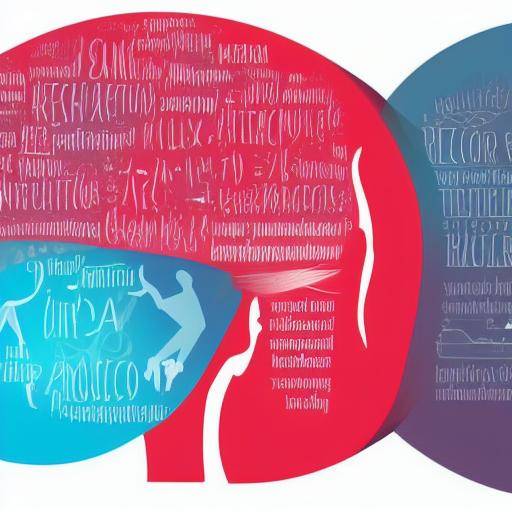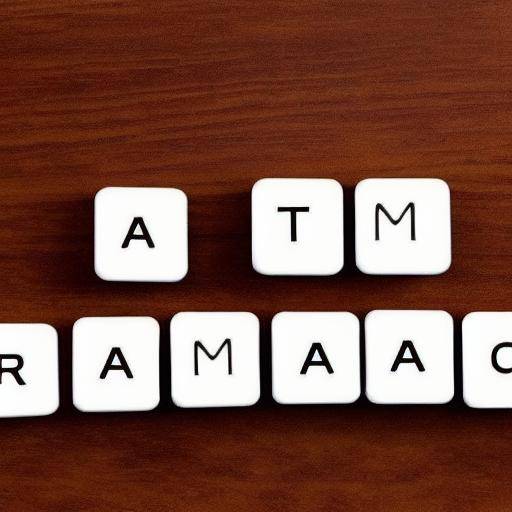
In the modern era, mental health has become a subject of great relevance in society. People constantly seek ways to improve their emotional and mental well-being, and a practice that has gained popularity is journaling. Journaling, or carrying a personal journal, is not only a tool for documenting daily life, but has also been shown to have a significant impact on mental health and stress management. In this article, we will explore in depth the impact of journaling on mental health, its importance, benefits, challenges and practical applications.
Introduction
Journaling, or therapeutic writing, is a personal practice involving reflection, self-expression and self-knowledge through writing. It is not limited to a simple record of events, but allows you to explore emotions, thoughts and concerns consciously. This technique, which has been used throughout history by influential figures such as Leonardo da Vinci, Virginia Woolf and Anaïs Nin, has gained recognition in the field of mental health for its positive impact on quality of life and emotional well-being.
History and Background
The journaling has its roots in the old traditions of keeping personal and daily records. From ancient Egyptian civilization to medieval monks, the practice of writing has been part of the daily life of many societies throughout history. However, its evolution towards a modern therapeutic tool has occurred in the last centuries.
Importance in Psychology
Journaling as a form of writing therapy began to gain recognition in the field of psychology from the 20th century. Psychologists and therapists began to recommend that their patients take a personal journal as a complementary tool for treating disorders such as anxiety, depression and post-traumatic stress. This practice allowed individuals to explore their emotions, identify negative thinking patterns and find an emotional output through writing.
Evolution in the Digital Era
With the advent of technology, journaling has adopted new forms in the digital age. Online platforms, mobile apps and personal blogs have allowed people to keep personal records in different formats, adapting to individual preferences. This accessibility has expanded the scope of journaling, attracting a wider and more diverse audience.
Deep analysis
The impact of journaling on mental health encompasses a wide range of benefits and challenges that deserve detailed evaluation.
Tested Benefits
The positive effects of journaling on mental health are supported by research and user testimonies. Among the most relevant benefits are:
- Stress reduction: The journaling provides a space to express emotions, relieve tensions and promote relaxation.
- Improvement of the Agony State: Written reflection can help identify recurring negative thoughts and encourage a more optimistic attitude.
- Self-knowledge: Carrying a personal journal facilitates self-exploration, strengthens self-esteem and promotes self-reflection.
Challenges and Considerations
Despite its benefits, journaling can face challenges that affect its effectiveness. Some important considerations include:
- Initial resistance: Some people may experience initial resistance to start writing or find difficulties in maintaining a journaling routine.
- Self-requirement: Excessive self-criticism when reading previous entries can discourage people and cause feelings of frustration.
Comprehensive review
The journaling has proven to be a versatile tool with applications that go beyond the personal domain. Its impact extends to productivity, creativity, decision-making and problem solving.
Therapeutic and Creative Approaches
In the therapeutic field, journaling has been integrated into treatment programs for anxiety disorders, depression, post-traumatic stress and eating disorders. Its application in clinical settings has proven to be effective as a complement to traditional therapy. In addition, in the creative sphere, journaling has become a tool for writers, artists and creatives in general, allowing them to explore ideas, overcome creative blockades and foster artistic expression.
Best Practices and Recommendations
To maximize the benefits of journaling, it is important to consider some best practices and recommendations, such as establishing a regular writing routine, using specific techniques such as free or directed writing, and to ensure a conducive environment for reflection and introspection.
Comparative analysis
Mental well-being and stress management are common goals that converge with the purpose of journaling. When comparing these areas, it becomes clear that journaling can be a powerful and versatile tool with a significant impact on both aspects.
Parallelisms and Differences
While mental well-being focuses on a person's overall emotional and psychological state, stress management focuses on the ability to handle and respond to stressful situations effectively. The journaling is closely related to both aspects by providing a way to express and process emotions, identify stress triggers and promote self-reflection.
Practical Tips and Accessible Recommendations
If you are considering incorporating journaling in your daily life to improve your mental well-being and manage stress, here are some practical tips to help you start:
- Establish a regular schedule: Dedicate a specific time of the day for your journaling practice, either in the morning to establish intentions or at night to reflect on the day.
- Experiment with Different Styles: Explore different writing techniques, such as free writing, the journal of gratitude, directed writing or visual journaling, to find the approach that best suits your needs.
- Keep a Personal Journal: Use a notebook or a specialized application to preserve the privacy and authenticity of your reflections.
Ideas and Views of Experts
To offer a broader perspective on the impact of journaling on mental health, we have collected ideas and opinions from experts in the psychological, therapeutic and well-being field. Your knowledge enriches our understanding of the topic and provides a more comprehensive view of your applications and benefits.
Case Studies and Practical Applications
Melissa: Overcoming Anxiety Through Journaling
Melissa, a 32-year-old woman, has dealt with anxiety for several years. After starting a personal journal as part of his treatment, he was able to identify negative thinking patterns, track anxiety triggers and develop strategies to address his concerns. Today, journaling has become an integral tool for your mental well-being, providing a safe space to explore your emotions and promote self-reflection.
Ricardo: Facing the Labour Stress Through the Journaling
Ricardo, a busy executive, has experienced high levels of stress in his working environment. By incorporating journaling as part of its daily routine, it has managed more effectively to manage labour pressures, identify areas of conflict and develop a more resilient mentality. The journaling practice has allowed you to find mental clarity, reduce anxiety and improve your overall well-being.
Future Trends and Predictions
The journaling, together with the focus on mental well-being and stress management, is intended to continue to evolve in the future. With the support of technological advances, innovative applications and new research, journaling is expected to continue to play a crucial role in promoting mental health and emotional well-being.
Conclusions and FAQs
Conclusions
In short, the impact of journaling on mental health is significant and multifaceted. From stress reduction to mood improvement and the promotion of self-knowledge, journaling offers tangible benefits for those seeking to strengthen their emotional well-being.
Frequently asked questions
1. Is journaling suitable for all people?
While journaling can be beneficial for many people, it is important to take into account individual preferences. Some people may find alternative ways to promote their emotional well-being and manage stress.
2. What is the best way to start wearing a personal journal?
The best way to start is to just sit with a notebook or journaling app and start writing. There are no strict rules; the important thing is that the practice adapts to your needs and lifestyle.
3. Does journaling need to be a daily activity?
Not necessarily. The frequency and regularity of journaling can be adapted to individual preferences. Some people find benefits in writing daily, while others prefer to do so intermittently.
4. Is it necessary to share the content of a personal journal with other people?
No. Journaling is a personal and private practice. The content of a personal journal is personal and it is not necessary to share it with third parties unless desired.
5. Should I follow a specific format or structure for my personal journal?
There are no fixed rules regarding the structure. Some people prefer to write freely, while others use structured techniques. The important thing is that the practice is authentic and meaningful to you.
6. Can journaling replace therapy or professional treatment?
Journaling may be an effective complementary tool to support professional treatment, but should not be considered as a complete replacement of therapy if required.
Conclusion
Journaling has proven to be a powerful tool to improve mental well-being, manage stress and promote self-reflection. Its positive impact on mental health extends to multiple areas of daily life, providing tangible benefits for those seeking to strengthen their emotional and psychological health.
Throughout this article, we have explored in detail the impact of journaling on mental health, from its history and evolution to its practical applications and its relevance to emotional well-being. As a versatile and adaptable tool, journaling remains a significant practice for those seeking to cultivate a more conscious and healthy life.
We hope that this information will serve as a starting point for those interested in exploring journaling as a tool for mental well-being, and find significant benefits in incorporating this practice into their lives.






















































